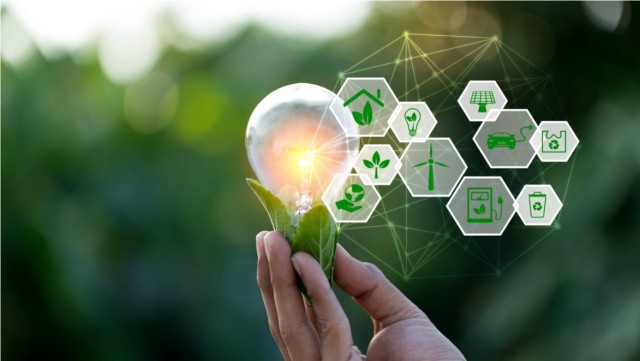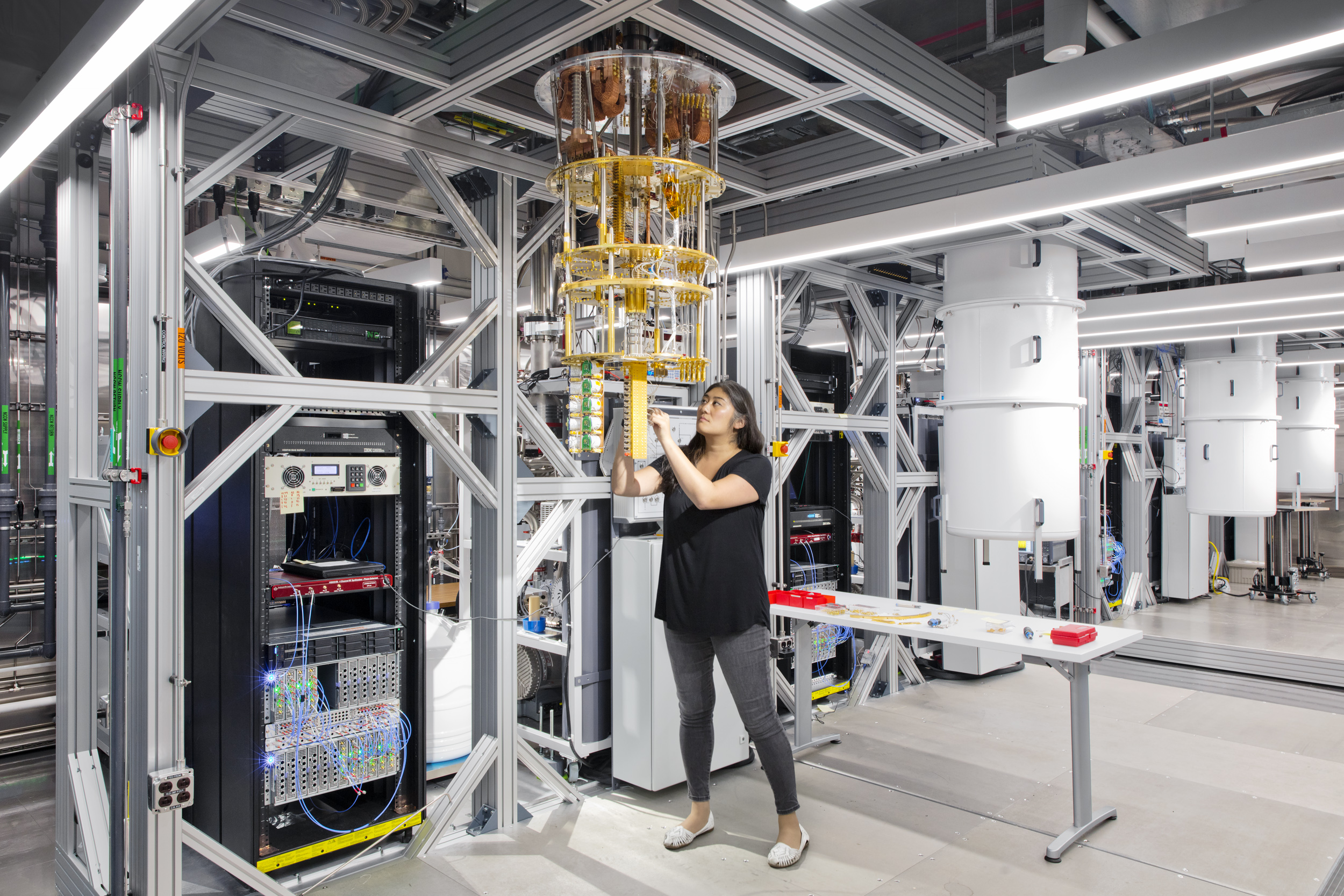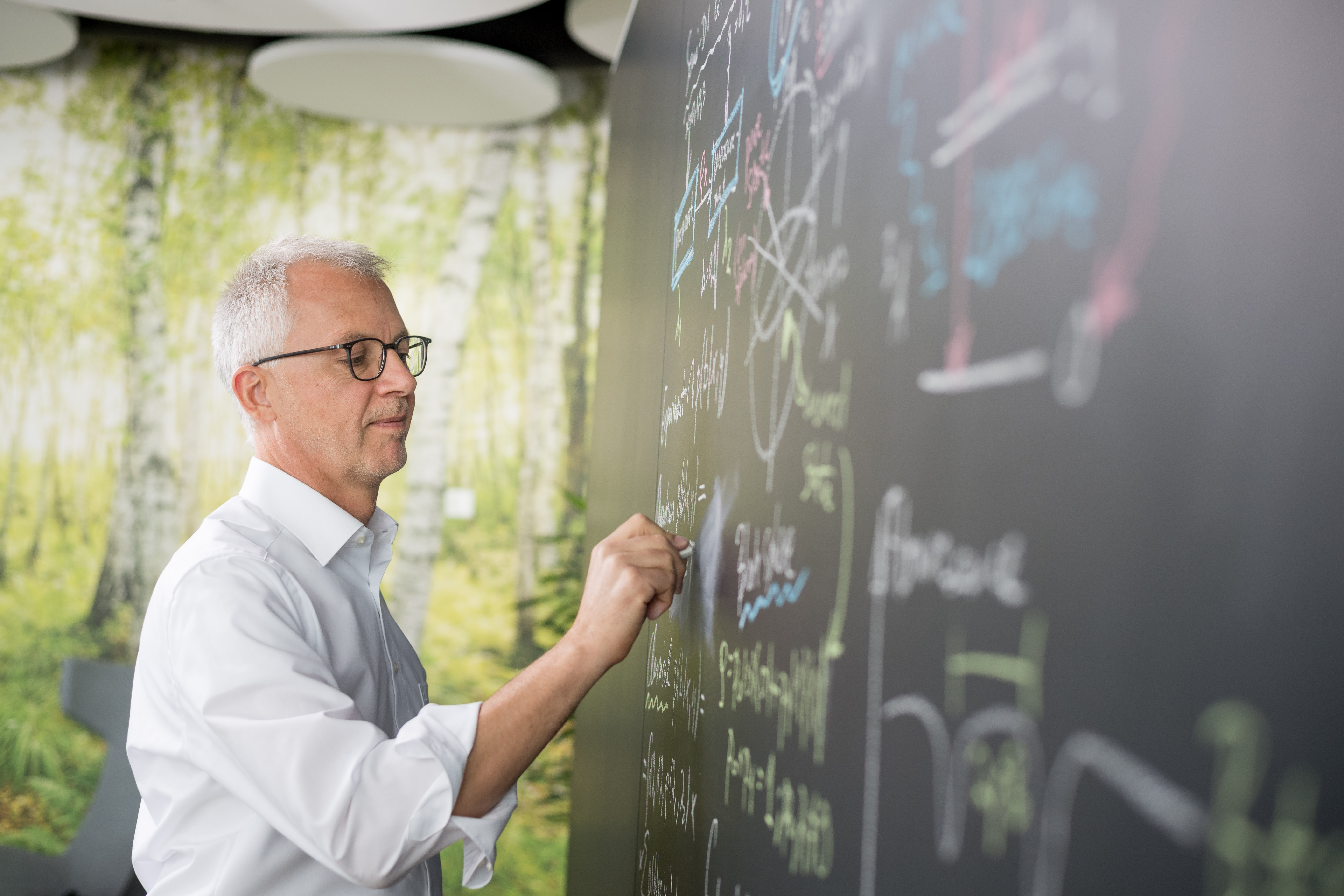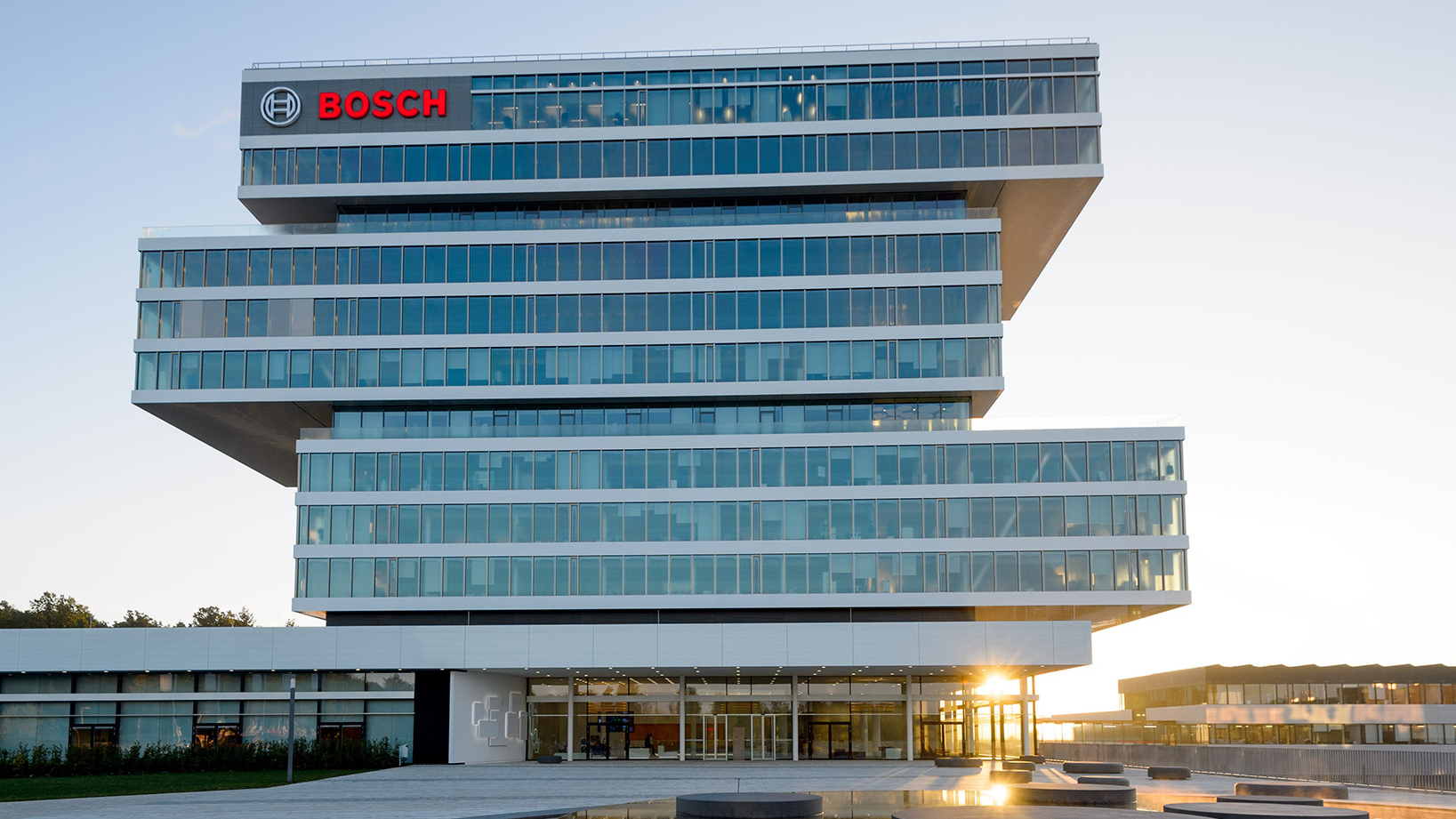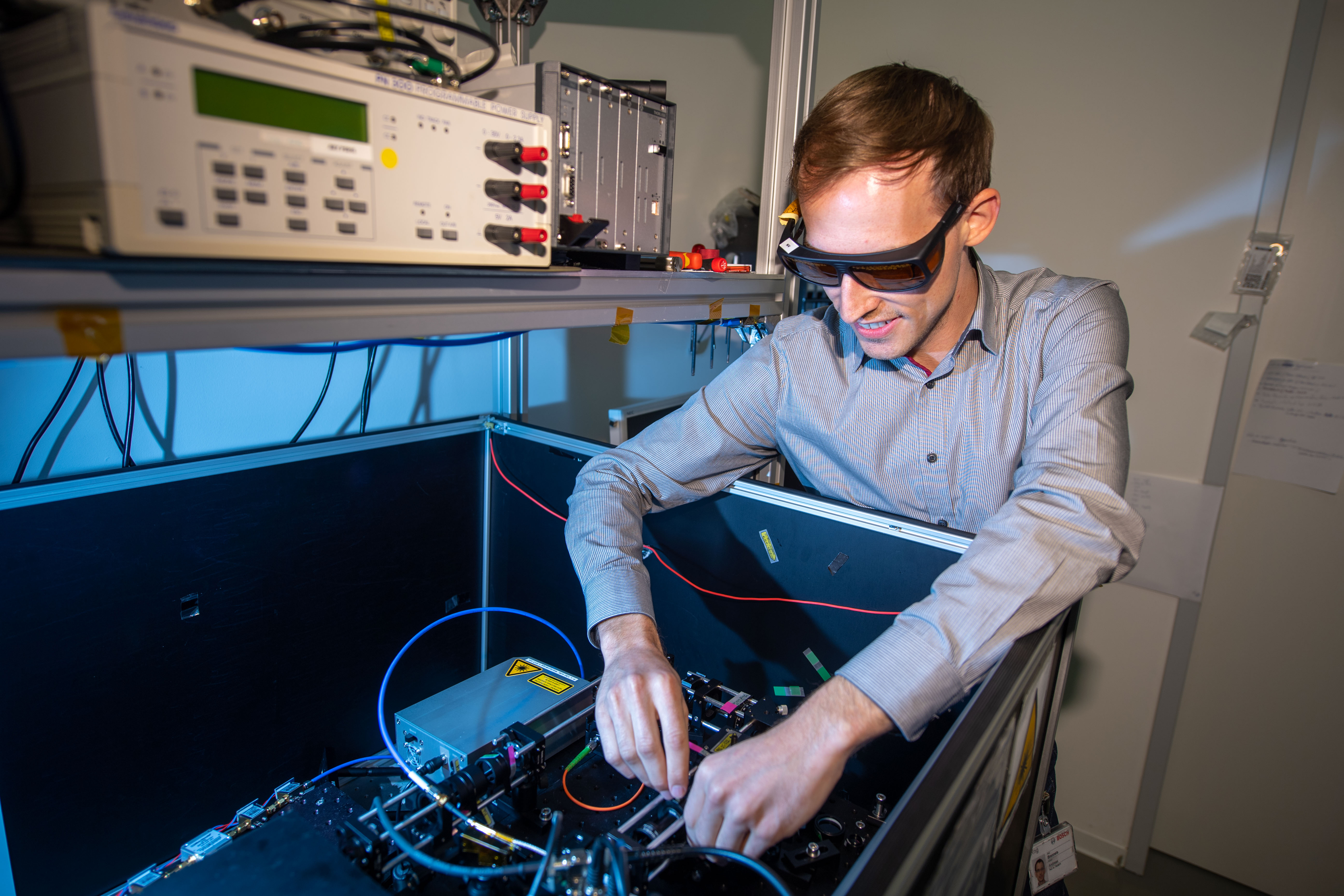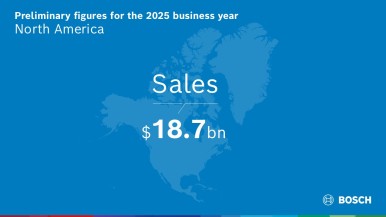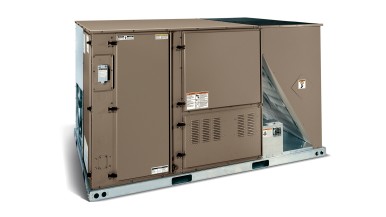Berlin, Germany – Bosch remains on the offensive in its digital transformation: by 2025, the supplier of technology and services will have invested 10 billion dollars in digitalization and connectivity. Two-thirds of this will go toward developing and expanding promising new technologies, with a focus on sustainability, mobility, and Industry 4.0. “For Bosch, digitalization presents major opportunities in all areas of business,” said Dr. Stefan Hartung, chairman of the Bosch board of management, at this year’s Bosch Connected World (BCW) AIoT industry conference in Berlin. “In addition to promising new technologies, we will be investing in vocational training and professional development for our associates – since they are the key to technology that is ‘Invented for life’ both today and tomorrow,” Hartung said. For the technology of the more distant future, Hartung also announced that Bosch is partnering with IBM, a U.S.-based technology company, in the field of quantum computing. Bosch’s goal is to use quantum computing simulation of materials to find surrogates for the precious metals and rare earths in carbon-neutral powertrains – in the electric motor and the fuel cell – in the next ten years.
Contact person for press inquiries:
Tim Wieland
Phone: +1 248-876-7708
Tim.Wieland@us.bosch.com
About Bosch
Having established a regional presence in 1906 in North America, the Bosch Group employs nearly 35,500 associates in more than 100 locations, as of December 31, 2021. In 2021, Bosch generated consolidated sales of $13.5 billion in the U.S., Canada and Mexico. For more information, visit www.bosch.us, www.bosch.ca and www.bosch.mx.
The Bosch Group is a leading global supplier of technology and services. It employs roughly 402,600 associates worldwide (as of December 31, 2021). The company generated sales of $93.1 billion in 2021. Its operations are divided into four business sectors: Mobility Solutions, Industrial Technology, Consumer Goods, and Energy and Building Technology. As a leading IoT provider, Bosch offers innovative solutions for smart homes, Industry 4.0, and connected mobility. Bosch is pursuing a vision of mobility that is sustainable, safe, and exciting. It uses its expertise in sensor technology, software, and services, as well as its own IoT cloud, to offer its customers connected, cross-domain solutions from a single source. The Bosch Group’s strategic objective is to facilitate connected living with products and solutions that either contain artificial intelligence (AI) or have been developed or manufactured with its help. Bosch improves quality of life worldwide with products and services that are innovative and spark enthusiasm. In short, Bosch creates technology that is “Invented for life.” The Bosch Group comprises Robert Bosch GmbH and its roughly 440 subsidiary and regional companies in some 60 countries. Including sales and service partners, Bosch’s global manufacturing, engineering, and sales network covers nearly every country in the world. With its more than 400 locations worldwide, the Bosch Group has been carbon neutral since the first quarter of 2020. The basis for the company’s future growth is its innovative strength. At 128 locations across the globe, Bosch employs some 76,100 associates in research and development, of which more than 38,000 are software engineers.
Additional information is available online at www.bosch.com, www.iot.bosch.com, www.bosch-press.com, www.twitter.com/BoschPresse.
Exchange rate: 1 EUR = 1.1830
